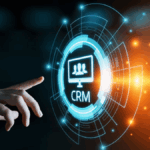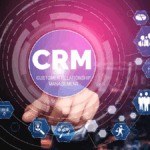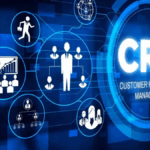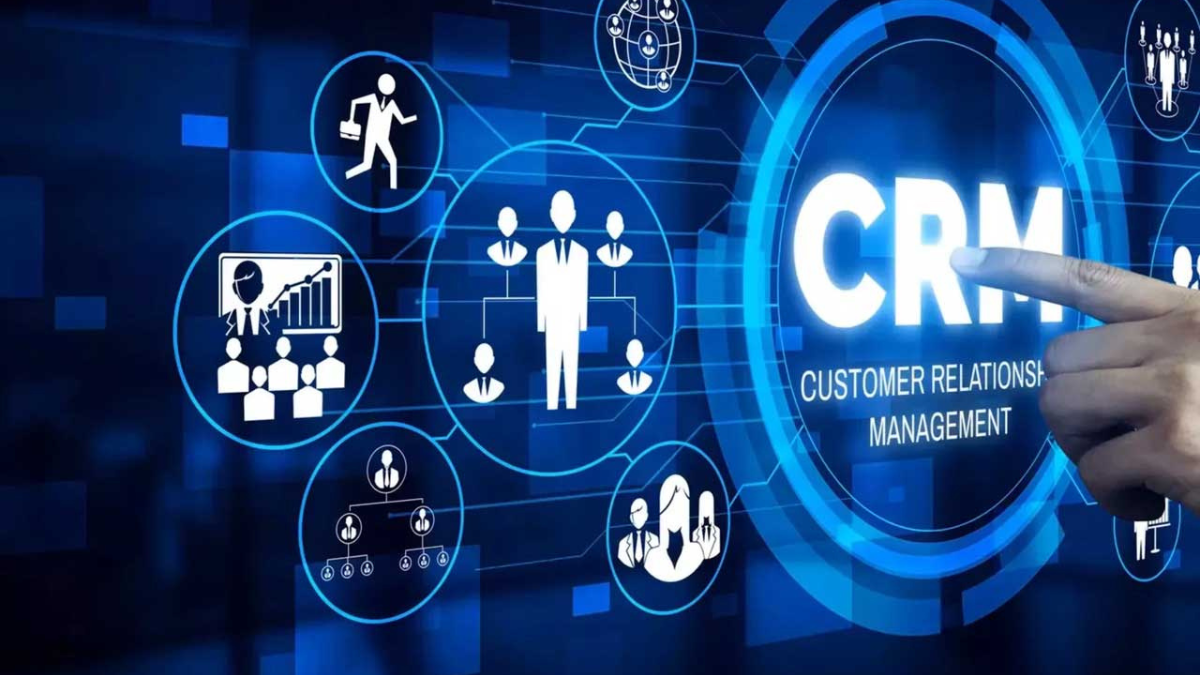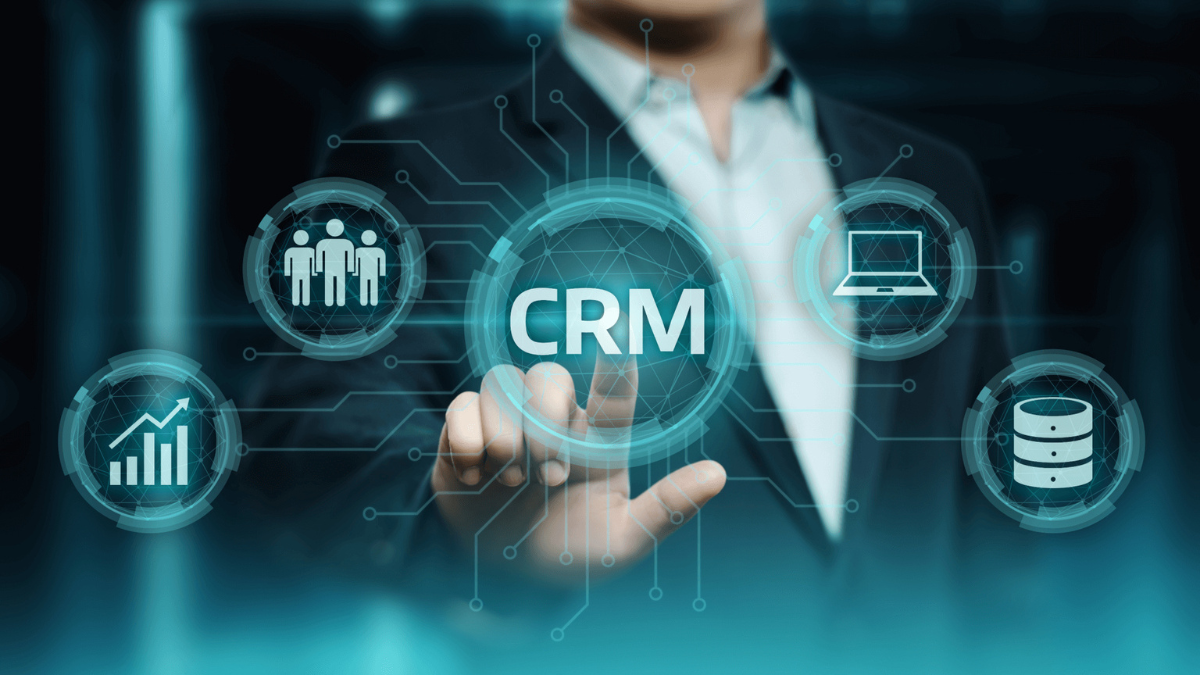In today’s digital-first business world, Customer Relationship Management (CRM) is more than just a buzzword—it’s a vital tool that helps companies grow by managing interactions with both potential and existing customers. Whether you’re a small startup or an established enterprise, having a CRM system can transform the way you connect, sell, and serve.
What Is CRM?
At its core, CRM (Customer Relationship Management) refers to a technology or strategy that helps businesses organize, track, and nurture their relationships with leads and customers. It typically involves software that centralizes all customer data—contact details, interaction history, preferences, purchases, support tickets, and more—into one easy-to-use platform.
CRM systems like Salesforce, Zoho CRM, HubSpot, and Freshsales empower businesses to personalize interactions, automate repetitive tasks, and make data-driven decisions.
Key Features of CRM Systems
A modern CRM platform offers a wide array of features, such as:
- Contact Management – Centralized database for storing all customer information
- Lead Management – Track prospects from the first interaction to conversion
- Sales Automation – Automate workflows, follow-ups, and reminders
- Email Marketing Integration – Personalize and schedule targeted campaigns
- Customer Support Tools – Manage service tickets and improve response time
- Reporting and Analytics – Measure performance, ROI, and customer behavior
Why Your Business Needs CRM
1. Centralized Customer Data
CRM stores everything in one place, accessible to your marketing, sales, and support teams. This ensures no lead slips through the cracks and every interaction is informed and timely.
2. Improved Customer Experience
By understanding your customer’s preferences and history, your business can offer personalized service, making clients feel valued and improving retention.
3. Boost in Sales and Conversion Rates
CRM tools help you identify hot leads, schedule timely follow-ups, and automate tedious tasks—speeding up your sales cycle and increasing closure rates.
4. Better Team Collaboration
Sales, support, and marketing teams work more efficiently when they have a unified view of the customer. CRM platforms ensure seamless communication and data sharing between departments.
5. Scalability and Growth
As your business grows, so does your customer base. A CRM system grows with you, offering automation, integrations, and advanced features that adapt to evolving business needs.
Who Should Use a CRM?
- Small Businesses – To manage growing customer lists and improve communication
- Sales Teams – To automate pipeline tracking and performance monitoring
- Marketing Teams – To run targeted campaigns and track ROI
- Customer Support Teams – To resolve issues faster and track customer satisfaction
- E-commerce and Service Providers – To understand buyer behavior and improve upselling
Conclusion
CRM is not just software—it’s a business strategy for long-term customer success. From lead generation to post-sale support, CRM touches every stage of the customer journey. Implementing a CRM system helps businesses build trust, streamline operations, and drive revenue.
Whether you’re just starting out or scaling fast, investing in the right CRM tool could be one of the smartest business decisions you make in 2025.

